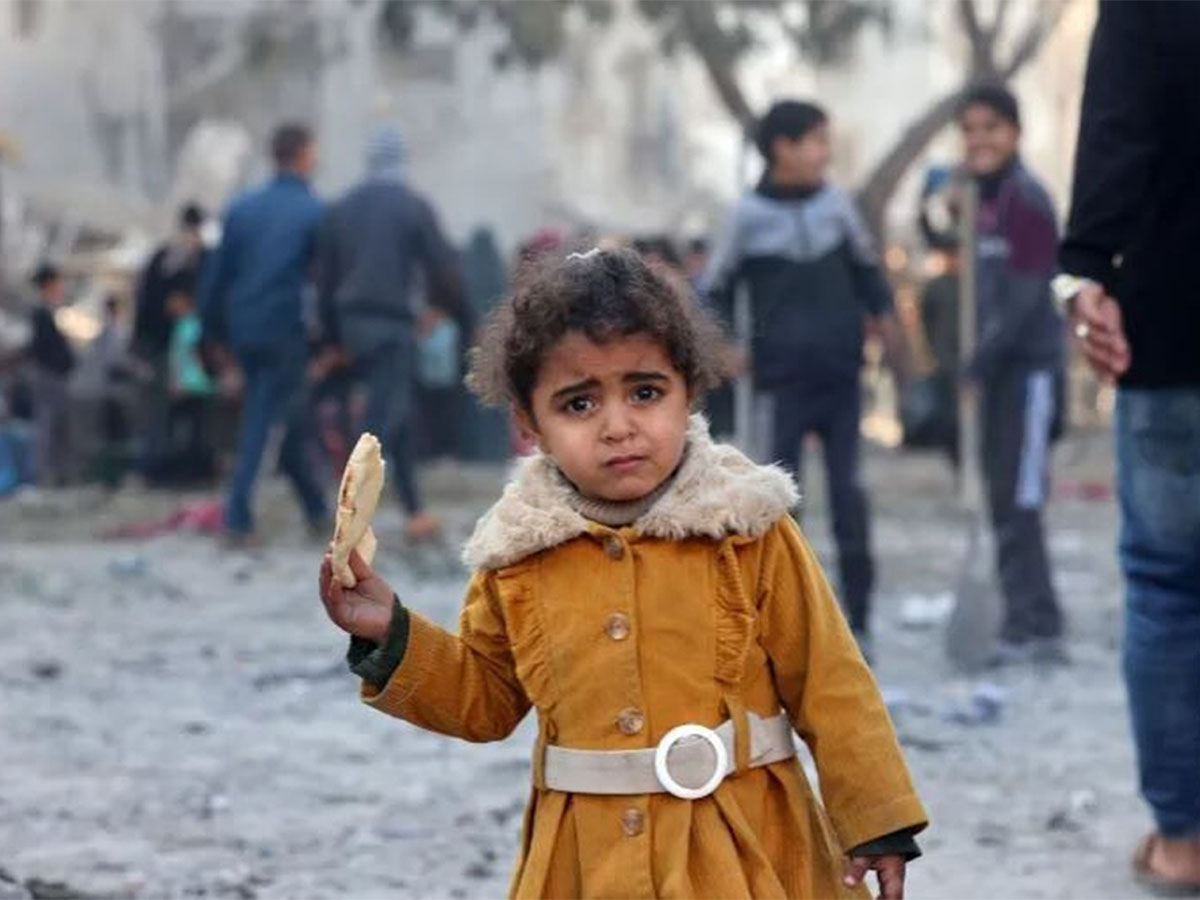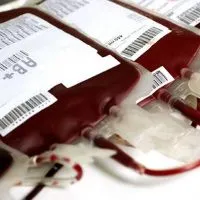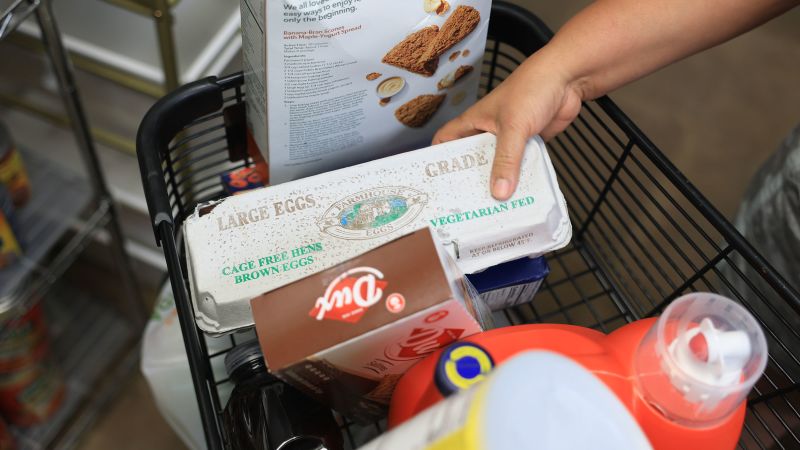Copyright qna

Gaza, November 09 (QNA) - Over two million Palestinians have been reeling from a tinderbox amid a fresh humanitarian crisis in the embattled Gaza Strip since the ceasefire deal that took effect nearly a month ago. The Israeli occupation forces have replaced the war machine with a methodical starvation policy through holding sway over the sole life-saving aid with blocking policies, manipulation, and extortion. UN reports and official Palestinian sources describe this policy as a crisis management with no solution, as the Israeli occupation continues to pretext flimsy security reasons to block aid entry, or allows it to trickle in dribs and drabs, keeping the humanitarian situation in Gaza on the brink of catastrophe despite the ceasefire. Reports issued by UN institutions and humanitarian agencies indicate that Israel hasn't even lived up to the minimum threshold of the humanitarian protocol tethered to the ceasefire deal, when it comes to facilitating the flow of fundamental food items, fuel, cooking gas, and medical essentials into the enclave. These items-which are supposed to form the fundamental base of mitigating the living crises-are still scarce in markets and critical facilities, with numerous bakeries, hospitals, as well as water and electricity stations literally not operating at maximum capacity due to the shortage of fuel, while hundreds of thousands of families continue to suffer when they venture out to get fresh water and food on a daily basis. Qatar News Agency (QNA) reached Director of the Government Media Office in the Gaza Strip, Dr. Ismail Al Thawabta, who stated that the total amount of aid that rolled into the Strip since the start of the ceasefire deal has reached 4,453 trucks only, out of 15,600 that were supposed to enter by the end of last week, i.e., less than one-third of the agreed quantity. The average number of daily trucks did not exceed 171 out of 600 trucks that were supposed to enter daily under the humanitarian protocol, with officials stressing that the Israeli occupation continues to strangle the Gaza Strip and exert humanitarian and political pressure, constituting a clear breach of all international norms and laws protecting civilians in conflict zones, Al Thawabta warned. Al Thawabta further noted that the Israeli occupation not only reduces aid quantity, but also controls the quality of aid that is allowed to enter, while imposing a ban on key kinds of aid required by the Palestinian market, hospitals, and families, flooding the enclave only with secondary merchandise and non-nutritive luxuries, in a move to market a false image of improving conditions. He stressed that the Israeli occupation blocks over 350 essential food items, including eggs, meats, fish, cheeses, fresh vegetables, and nutritional supplements. These items, he noted, are essential for children, patients, and pregnant women. Meanwhile, it allows the entry of non-essential goods at prices 15 times higher due to supply chain control and import fees. Al Thawabta further indicated that Israel engages in orchestrating starvation that intends to take over food security of Gazans and force them to remain under the occupation's mercy. Dr. Al Thawabta added that the policy of controlling these life-saving essentials has caused a major crisis in the number of bakeries, hospitals, and electric generators, with the Israeli occupation allowing only the entry of 31 trucks laden with cooking gas, as well as 84 trucks of diesel to operate bakeries and critical sectors, which is an amount insufficient to meet the minimum daily needs of the population. The enclave is in desperate need of 600 trucks to roll in daily, laden with food, medicines, and fuel for Gazans to maintain the minimum threshold of life, he stressed, warning that the persistent restriction policy will lead to the full crumbling of fundamental services. For his part, Director of the Palestinian Non-Governmental Organizations Network (PNGO) in Gaza, Amjad Shawa, told QNA that the aid that enters the enclave doesn't exceed one-third of the agreed quantity. The living conditions are still profoundly worsening despite weeks since the aggression was brought to a halt, he said, stressing that the Israeli occupation did not allow the entry of any equipment to repair wells or restart water pumping stations, exacerbating the water crisis day by day. It also permitted the entry of only 20,000 tents out of 300,000 needed to shelter the homeless residents. The Gaza Strip is in desperate need of clothes and blankets as winter approaches, given the dilapidated tents and the worsening conditions in shelters, Shawa noted, warning of a new catastrophic winter that endangers the lives of hundreds of thousands of homeless Gazans. Economic expert Ahmed Abu Qamar said the Israeli occupation is carrying out a methodical starvation of the Gaza Strip by controlling the local economy through aid and border crossings. The average number of trucks entering does not exceed 25 percent of the agreed figure, while fuel imports remain at 10 percent, with only 115 trucks of fuel entering out of 1,100 scheduled, he told QNA. Abu Qamar further noted that the selective policy affects not only the volume of aid but also its nature, rationing vital items such as meats, vegetables, tents, and solar panels, while allowing luxury goods to enter. He emphasized that this policy creates market monopolies, drives prices sharply higher, and weakens citizens’ purchasing power, while border crossings are used as tools of political and economic pressure, highlighting the worsening crumble of health, water, and transport sectors. International and UN relief organizations have been gravely apprehensive over the ongoing Israeli restrictions on aid entry. They stressed that what reaches Gaza falls short of the minimum needs of the population, with hunger persisting, resources depleted, and the initial erosion of tents sheltering displaced families. About 40 international humanitarian organisations reported that Israeli authorities have recently imposed a new NGO registration regime, resulting in the detention of tens of millions of dollars in aid outside the territory, a measure the United Nations described as a deliberate bureaucratic impediment. Field and humanitarian reports unanimously agree that Israel continues to use the starvation weapon as a collective punishment toll against Gazans, despite the cessation of its military operations. Even if these sorts of things are ostensibly not seen, they haven't changed in essence, something that amounts to slow strangulation with aircraft uproars, and methodical decimation of life components under the cloak of security arrangements and logistics. While the UN and humanitarian agencies are constantly calling for enforcing the humanitarian accord and ensuring the flow of aid unhindered, the reality remains a witness to an anguish that shows no sign of abating, where geography besieges humans and the right to live is confined to the number of trucks that the Israeli occupation allows to roll in every day. (QNA)



